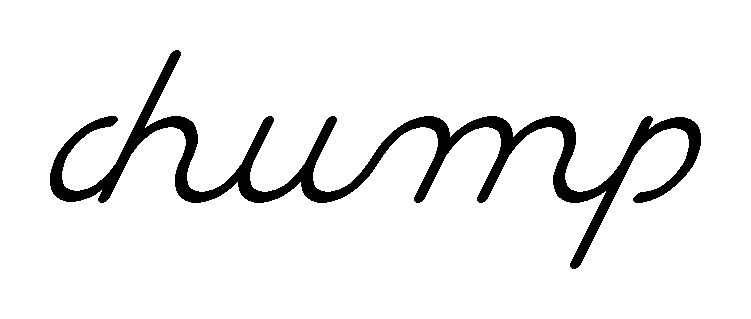I was delighted to read in the February 3
Princeton Alumni Weekly magazine about a freshman seminar called "Wordplay: A Wry Plod from Babel to Scrabble" (by Merrell Noden, link to full article above). Joshua Katz, Professor of Classics and linguist extraordinaire, leads 15 students in the examination and creation of various types of word play, such as constrained writing. Examples of constrained writing include palindromes,
lipograms, alliteratives, anagrams, and, more commonly, rhyme and meter. As an example of one of my favorite types of constrained writing, watch
this footage of word wizard Victor Borge's Inflationary Language; as far as I know, he invented this grammatical gimmick.
We here at liquidridiculous are jealous that these undergraduate students get to spend 3 hours each week as ludic linguists. Would that we could have had such opportunities in our misspent youth! You really must take a moment to appreciate
the impressive work these students have done for this class.
To the skeptics out there who find such obsessions frivolous, I have two responses:
1) Why are you reading this blog? It is a veritable monument to frivolity; and
2) Read the
PAW article, especially toward the end, where Prof. Katz discusses the bigger issues at stake in understanding the delightfully complicated ins and outs of language.
There is something universal at work here. "There is something in all of us, [Katz] says, that craves wordplay. 'That's one of the things that's so interesting about it,' he muses. 'It resonates so seriously with children the world over, [in the form of] puns, oral games, rhymes, and songs.' As we get older, most of us stifle our fascination with it. But these lucky students, with Katz as their guide, are rediscovering the deep and serious pleasure of playing with words."
We couldn't have said it better ourselves. Keep up the good work.
In the meantime, for the rest of us amateur enthusiasts, the grammatical gauntlet has been thrown down in the form of a "Constrained Writing Contest" sponsored by the
PAW Magazine. Here are the details from
their website:
Try your hand at constrained writing and you could win a trio of DVDs for word lovers: “Spellbound,” “Wordplay,” and “Word Wars”!
Lipograms (banning a particular letter), palindromes (reading the same backward and forward), alliteratives (each word starts with the same letter), anagrams (rearranging the letters in a sentence, for example, to create a new sentence) — whatever your puzzle passion, send your example by March 1 to paw@princeton.edu or to “Constrained Writing,” Princeton Alumni Weekly, 194 Nassau St., Suite 38, Princeton, NJ, 08542. We plan to post submissions and announce the winner in the April 7 issue.
We hope, dear readers, that you'll throw your highbrow hat into this recherche ring. In other words, bring it on!




